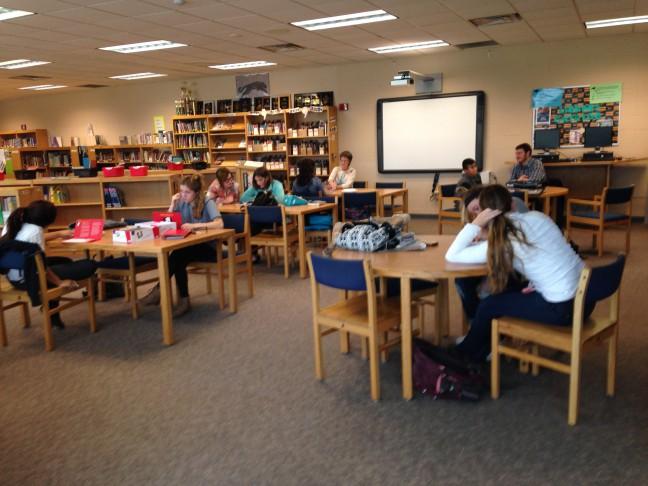With nearly 50 years of service in Dane County, the Big Brothers Big Sisters organization takes on new leadership and looks for fresh ways to form connections in the community.
In June, Big Brothers Big Sisters appointed a new Chief Operating Officer, Sandy Morales, who will become their CEO next year. Morales hopes to create more local partnerships, including increased work with the Madison Police Department and the Madison Fire Department.
Morales has worked in various nonprofit positions in Dane County for the last eight years, starting at United Way as a marketing coordinator then moving to BBBS about two years ago.
The organization has been operating on a national level for more than 100 years, but came to Dane County in the late 1960s. In the early years, Big Brothers Big Sisters served primarily white, low to middle income children from divorced families, Morales said. But as Madison has become a more diverse city, the organization has shifted to mostly serving children of color from nontraditional or single parent households.
Morales said mentoring has the capacity to help give kids who are living in poverty access to more resources and knowledge than they would have had otherwise. Increasing the number of partnerships is also crucial to maintaining the organization’s broad reach, Morales said.
“We want to develop a better relationship with the police and fire departments,” Morales said. “We want to use mentoring to develop better relationships between our law enforcement and our children to build a safer community.”
Big Brothers Big Sisters runs two programs: a community-based program and a school-based program. The school-based program involves individuals coming from various schools during lunch or after-school time to interact with students for about an hour. The community-based program is their traditional model, which is more involved, and exists outside the school setting, Morales said.
The organization serves about 650 kids annually, Morales said. Staff work hard to ensure the children are matched as ideally as possible with their mentors to encourage a long relationship, she said.
“We help pass on social capital — transferring knowledge and soft skills that kids might not have in their lives,” Morales said. “We are part of developing the workforce of tomorrow and determining how our children will act in the workplace.”
Getting the opportunity to work with children has been an “awesome” experience, Tyler Hartman, University of Wisconsin junior and big brother, said.
Hartman is part of the school-based program, called School Friends. Every Friday, he visits his little brother at Lowell Elementary. He has been in the program for two years, and has been able to cultivate the relationship with his little brother over that time.
“We talk about things from girls to career goals to religion. For a fifth grader, we get in some pretty deep talks,” Hartman said. “My favorite part is getting to see how he has grown as a person. It really benefits both of us.”
Madison has become a more diverse community since the organization was founded, but Morales is confident it will continue to diversify quickly over the next few years. Mentoring is an important in bridging the gap between all different types of people.
Morales hopes to provide more support and education to those who volunteer as big brothers and sisters in order to make sure they are aware of some of the difficulties the children participants may be facing.












